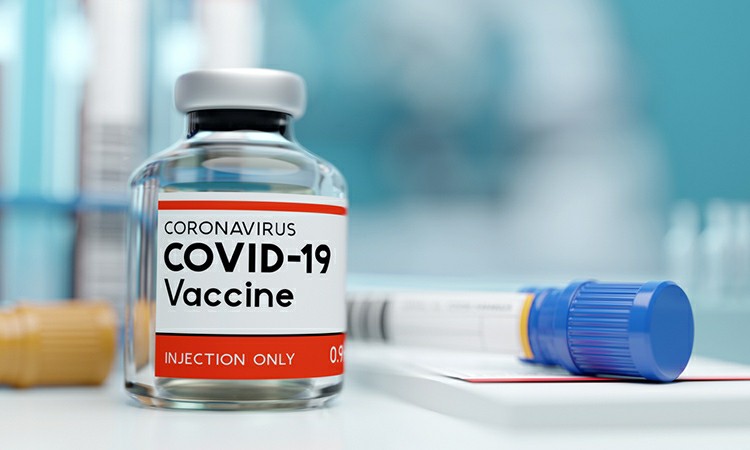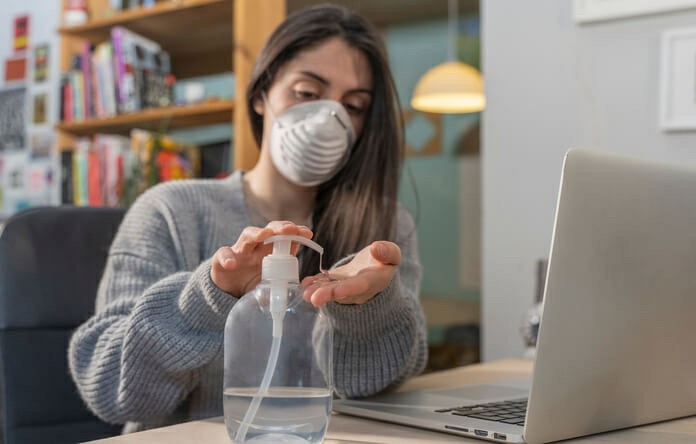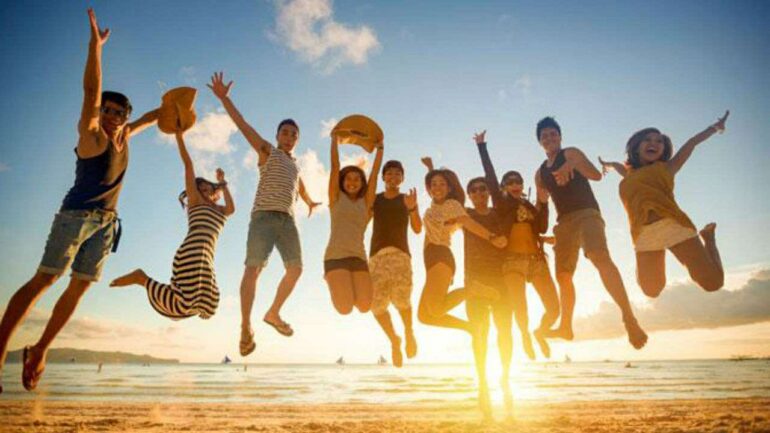Covid-19 has impacted lives across the globe for well over a year now, and the sophisticated virus is still demonstrating its viciousness for many victims. Deaths, lockdowns, self-isolation, and vaccines seem to be the words taking over the news every single day; the mundane repetition can be frustrating at the best of times. As a result of this, many of us dream of a life wear masks are no longer necessary, and we can have the freedom to travel and meet up with friends and family. It then begs the question of when, if ever, we will ever be able to go a day without the limitations of coronavirus.
 Exposing ourselves to the virus and building up antibodies was a popular suggestion at the beginning of the pandemic, however, there are some drawbacks when it comes to using herd immunity. The World Health Organisation has explained that ‘‘Herd immunity’, also known as ‘population immunity’, is the indirect protection from an infectious disease that happens when a population is immune either through vaccination or immunity developed through the previous infection. WHO supports achieving ‘herd immunity’ through vaccination, not by allowing the disease to spread through any segment of the population, as this would result in unnecessary cases and deaths. To safely achieve herd immunity against COVID-19, a substantial proportion of a population would need to be vaccinated, lowering the overall amount of virus able to spread in the whole population.’ Thus, it seems as if we cannot progress forward until vaccination schemes are brought into full force across the globe.
Exposing ourselves to the virus and building up antibodies was a popular suggestion at the beginning of the pandemic, however, there are some drawbacks when it comes to using herd immunity. The World Health Organisation has explained that ‘‘Herd immunity’, also known as ‘population immunity’, is the indirect protection from an infectious disease that happens when a population is immune either through vaccination or immunity developed through the previous infection. WHO supports achieving ‘herd immunity’ through vaccination, not by allowing the disease to spread through any segment of the population, as this would result in unnecessary cases and deaths. To safely achieve herd immunity against COVID-19, a substantial proportion of a population would need to be vaccinated, lowering the overall amount of virus able to spread in the whole population.’ Thus, it seems as if we cannot progress forward until vaccination schemes are brought into full force across the globe.
Currently, 150 million people across the globe have been given their first dose of one of the vaccines against Covid-19. Israel has the highest amount of people who have received the first of two vaccines against the virus at almost 65%. 13% of the US population have undergone the first vaccination, but with Biden’s impressive plans, this number is set to rise very quickly. However, not all of the world can look forward to quick immunity through vaccination, as the process can be very expensive and is still currently a scarce resource. It is stated that more than 75% of the world’s population should be vaccinated against coronavirus before we can start properly relaxing restrictions. It may take longer than we think to reach this goal.
AstraZeneca has stated that whilst they would be able to adapt their vaccine to fight off different strains of Covid-19, this process could take upwards of 6 months. Some are speculating that if coronavirus variants keep adapting at current speeds, annual vaccinations may be needed to keep up with the mutations.
If we ever reach a point where vaccinations are no longer essential in order to live a corona-free life, it is likely that many of the habits we have picked up in the last year will remain in place. Masks, public hand sanitizers, and limitations on crowds have become engrained in our lives, so it is unlikely that public behavior will erase these practices. The fear of another wave of the virus, or a new pandemic taking over will still be present in the minds of many.
 To conclude, it seems as if mass vaccination, whilst adapting the vaccine to fight off various mutations of Covid-19 is the only way we can truly have a reality without worry. However, it is likely that many of the habits picked up during this period of time will be instilled in us for the long term, which means we may have to get used to a ‘new normal’.
To conclude, it seems as if mass vaccination, whilst adapting the vaccine to fight off various mutations of Covid-19 is the only way we can truly have a reality without worry. However, it is likely that many of the habits picked up during this period of time will be instilled in us for the long term, which means we may have to get used to a ‘new normal’.


